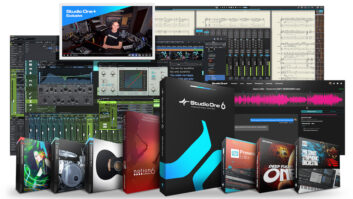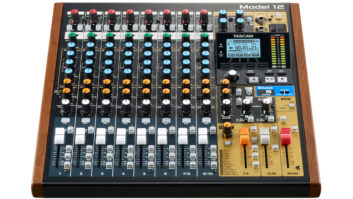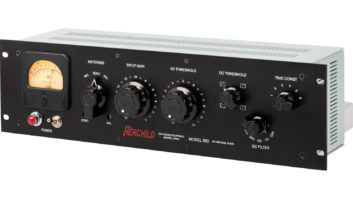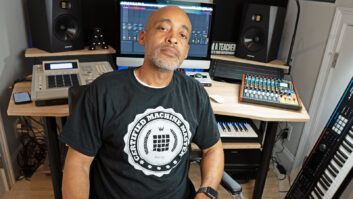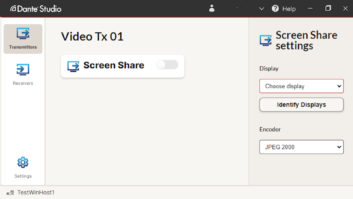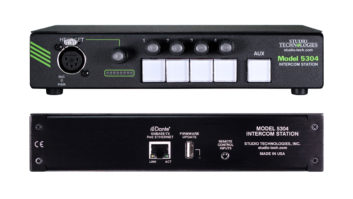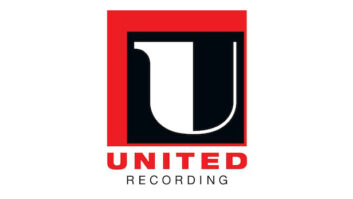It seems like only yesterday we covered changes in subscription software—last March, to be exact. But, in “computer years,” six months can be an eternity, and the subscription model continues to evolve and mutate.

Let’s pick up where we left off last month—Windows 10. That column covered audio tech, but now consider the distribution method. Although Windows 10 has been touted as “free,” it’s free only to those upgrading from Windows 7 or 8; computer companies will still need to pay for licenses with new computers, as will you if you want a new version.
But circling back to the main topic, you can think of Windows 10 as a subscription portal. Sure, you can use the included free Office lite apps—but I think Microsoft hopes you’ll subscribe to the full versions. Ditto for the free online storage, where you can buy more when you run out. And that “free” software will allow for some powerful data mining that makes serving you targeted ads just that much easier. I suspect if I ask Cortana (the Sirilike assistant) to find reviews on a new microphone, ads for that mic and its competitors will show up shortly thereafter.
Part of this addresses the reality that many users are still stuck on Windows 7 or even XP. By making Windows 10 an ever-evolving operating system that doesn’t require extra cash outlays but tempts users with products and especially subscriptions, Windows 10 users are likely to consume something from Microsoft eventually. This is a variation of sell the blades, not the razor.
We’re also starting to see content rentals. EastWest is known for exceptional sample libraries, but they’re not cheap. Enter Sounds Online Composer Cloud, where $29.99 a month lets you access any products from its extensive collection of 49 virtual instrument libraries, and includes new libraries as they’re introduced. There’s also a student option that accesses fewer libraries for $14.99, and even a one-month trial subscription where you can download four libraries for a month. However, you can still buy “perpetual licenses” (like Avid and Slate Digital) if you want to own products outright.
Price points. Interestingly, Composer Cloud was introduced in April at $49.99 a month. 90 days later, the price dropped to $29.99. Maybe the $49.95 price didn’t get traction, or maybe it did get traction and East- West figured they’d pour gasoline on the fire, but $29.95 seems like a “sweet spot” price. Slate’s two bundles rent for $19.95 and $24.95 a month, and Avid’s Pro Tools’ monthly rental is $29.95 (or $24.92 if you commit to a year, billed monthly—although I don’t understand why they didn’t choose $24.96, just to be high-res). Adobe Audition rents for $19.99 a month, with no option to buy outright. Sonar sells only perpetual licenses, but you can pay upfront or in 12 monthly installments ($9.99 to $49.95 a month, depending on the version). So they’re all in the same general range.
The future. Renting content solidifies the appeal of renting for specific projects. For example, if you’re remixing a Pro Tools project that uses Slate plug-ins but you use Cubase, you can rent Pro Tools and Slate’s plug-ins for a month, or transfer the Pro Tools files to Cubase and rent just the Slate plugins. And if you want to add an orchestral arrangement to a song, then take a trip to Composer Cloud for a month.
Before too long, we may start to see rentals by the week or even the day. Studio Instrument Rentals was essential for my session work back in the day, so a software “virtual backline” isn’t out of the question. I also think we’ll see more “component” rentals. Consider Native Instruments’ Kontakt, for which a zillion libraries are available from Native Instruments and other companies. You may rarely need the “Action Strings” library, but when you want it, you really want it…so you rent it for the session. We also have a precedent with in-app purchases, like buying more amps for a product like IK Multimedia’s AmpliTube; why not rent instead of buy, or even rent a collection of genre-specific amps?
I’ve often opined about the transitory nature of software, and how investments can turn into nothing due to compatibility conflicts with hosts, operating systems or hardware. Renting solves that problem, offers potentially greater choices and could end up costing you less overall. Just remember to render your audio tracks before the license expires….
Craig Anderton has returned as Editorial Director of Harmony Central. Check out some of his music at www.youtube.com/thecraiganderton.
